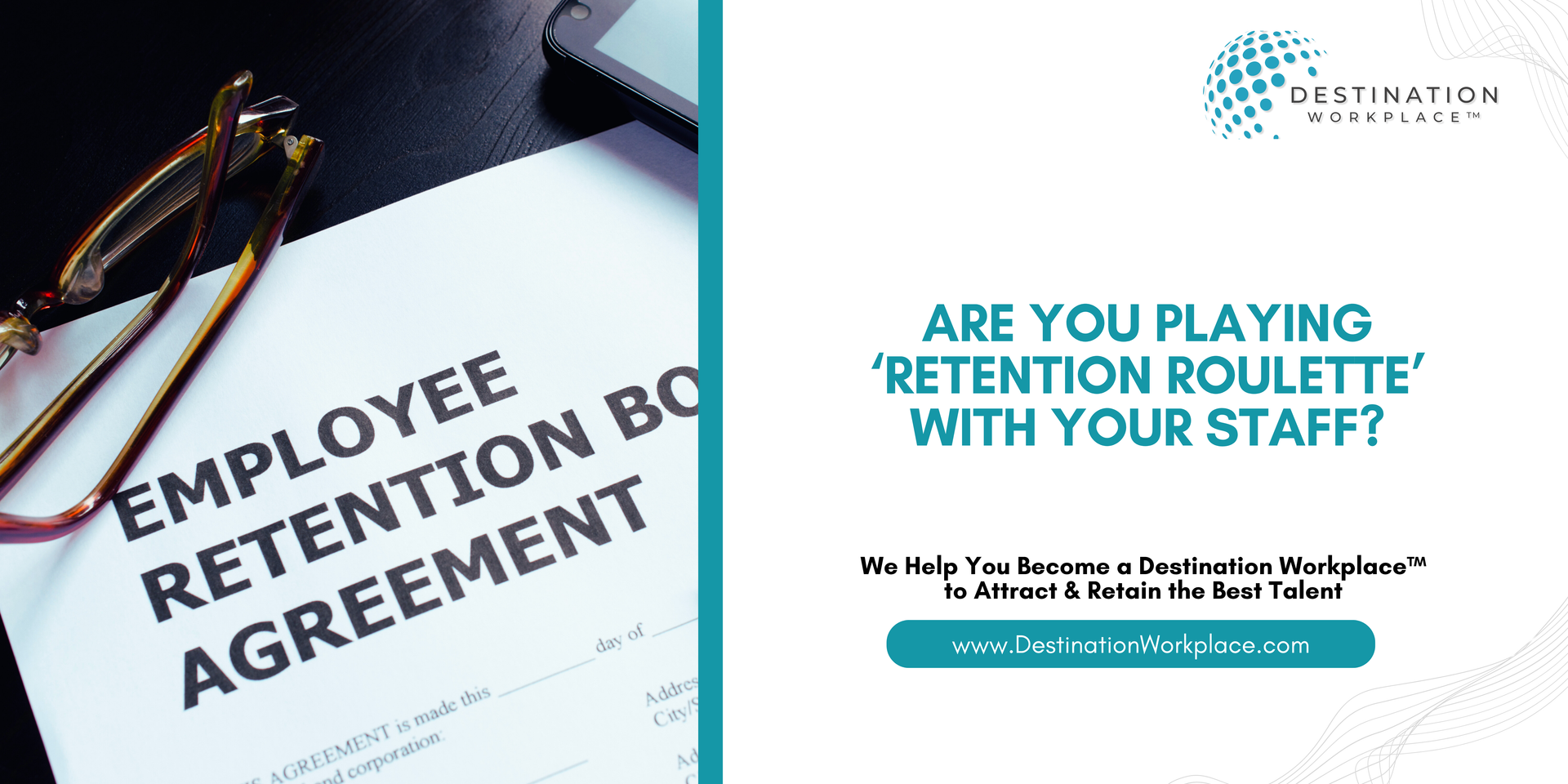Culture Counts: The 5 Ways to Define Culture Effectiveness

In today's fast-paced corporate world, the concept of organizational culture is far from being just a trendy catchphrase. It has evolved into the cornerstone of any business. It's no secret that companies boasting a positive and thriving culture are more adept at retaining talent, boosting productivity, and maximizing revenue. However, knowing how to measure the effectiveness of your organizational culture is key. In this article, we will explore the 5 methods for assessing the influence of your organizational culture on your company's success, complete with examples and relevant statistics.
Employee Retention: High employee turnover signals a suboptimal organizational culture disrupting both workflow and revenues. When employees feel undervalued or unappreciated, they will look for alternate income opportunities or employment. To evaluate your employee retention rate, monitor departures and conduct exit interviews. Discover the underlying reasons for their departure, and implement strategies to address these areas in order to retain your top talents.
Example: Let's say your annual turnover rate is 20%, costing your company an average of $20,000 to replace each employee. A stronger organizational culture that reduces turnover by 10% could save your business $400,000 annually.
Employee Satisfaction: To build a robust organizational culture, consider
conducting employee satisfaction surveys. These surveys help you understand the areas of your culture that are working well and those that need improvement. By gathering employee feedback, you can identify the cultural factors that are contributing to employee satisfaction, engagement, and loyalty.
Example: Suppose your satisfaction survey reveals a 15% increase in overall employee satisfaction after implementing culture-enhancing measures. This boost can translate into a 12% increase in productivity, leading to a substantial return on investment and increased top line revenue.
Company Reputation:
Your company's reputation has a direct correlation to your bottom line. A reputation for fostering a nurturing and growth-oriented culture can serve as a magnetic force for attracting high-caliber individuals.
Gather feedback from both employees and the broader community through surveys
to assess
your organization's image.
Example: Research shows that companies with a positive reputation are 50% more likely to attract top-tier candidates, thus enhancing your talent pool and business potential.
Leadership Development: Effective leadership is the key to a strong corporate culture.
Investing in leadership development programs sets the right tone and cultivates the desired behaviors. Monitor the amount of leadership training your executives receive and analyze its impact on your company culture and revenues. There is a direct correlation.
Example: After implementing a leadership development program, 85% of participants reported an increase in employee engagement, reflecting the profound influence of leadership on culture. Increased employee engagement directly impacts productivity and your bottom line.
Performance Metrics: Performance metrics provide you with essential data on your organizational culture's influence. Metrics such as employee engagement rates, productivity, and work quality offer insights into your culture's effect on performance. Ensure that your company is measuring these statistics regularly. However, it's crucial to interpret these metrics in context, rather than relying on isolated statistics.
Example: An organization that saw a 15% increase in employee engagement witnessed a 10% rise in productivity, showcasing the positive impact of culture on performance metrics.
Conclusion:
Measuring the effectiveness of your organizational culture is crucial to ensuring business success and long term growth. As a CEO, you have the power to influence your company culture on a daily basis by developing a thriving organizational structure that embraces change, dedication and a willingness to adapt. If you find that your culture is stagnant and not effective, take action to improve it, and continue monitoring its effectiveness regularly. A strong organizational culture will lead to happier employees, satisfied customers, and better financial performance for the organization.













